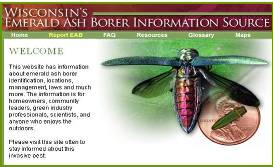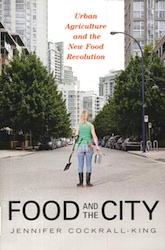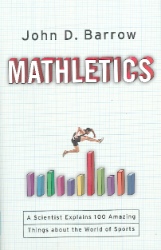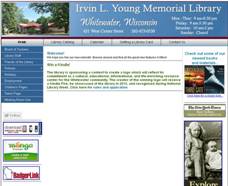If you missed the open house of the campus greenhouse Sat., that’s a shame. It’s looking very nice. It has 3 sections: one for student projects, one for plants that live in hot & dry climates, and one for hot & humid plants. I was surprised at how many plants native to Africa were there! And I had fun with the shy plant that folds its leaves up when you touch it. Awww. See two photos at the bottom of this blog.
A master gardener gave an interesting talk about vermicomposting, native plants, and edible weeds. In case you wanted to start composting your kitchen scraps, you received a baggie with some dirt and redworms to get you going. She recommended plenty of resources, too, both books and web sites.
The Wisconsin Dept. of Natural Resources has all the info you need to start vermicomposting, including what worms to use, how to build your bin, and what materials to put into the bin with the worms. The master gardener said it could go anywhere in your house, as long as the temperature stays between 55 and 75 degrees. It should not smell bad or get slimy. And it’s easy to tell if something is amiss, because besides bad smells and sliminess, the worms try to escape! Happy redworms stay in their bins. It takes 3-4 months to harvest, and if you take the cover off the worms should move down into the bin so that you can scoop off the top layer. A spigot on the lowest layer will let you drain off liquid to use on your plants. The University of Illinois Extension also offers instructions on its Worm Composting web site. But if you want a book, look for The Worm Book, which UWW students and faculty/staff may borrow from other UW libraries by using the free Universal Borrowing service.
One of the books recommended for native plants was Prairie plants of the University of Wisconsin–Madison Arboretum, which UWW students and faculty/staff may borrow from other UWs by using the free Universal Borrowing service. There’s also a book Wildflowers of Wisconsin and the upper Midwest: A comprehensive field guide for amateurs and professionals, including all of Wisconsin and parts of Minnesota, Michigan, Illinois, Indiana, Iowa and Ontario that is available in Andersen Library (2nd-floor Reference Collection, QK85.5 .B53 2008). You can use the Blooming Times Search from the Robert W. Freckmann Herbarium at UW-Stevens Point to see what’s blooming every month.
As for edible weeds, well, the top two mentioned were purslane and dandelions. Purslane may be added to salads. Dandelions’ young leaves are very tasty, and the roots can be ground up for an excellent tea (also available in natural foods stores if you prefer not to harvest your dandelions). The master gardener also keep bees, and made a plea for leaving those dandelions alone for a while, since they are one of the earliest sources of food for our bees. Believe it or not, Andersen Library has books about edible weeds, e.g., Handbook of edible weeds (3rd-floor Main Collection, QK98.5.U6 D85 1992)
If you are interested in finding additional resources, please ask a librarian for assistance.
Below: part of the hot & dry room (L) and part of the warm & wet room (R) (photos taken on Sat., Sept. 29, 2012, at the Greenhouse’s open house)
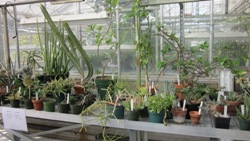
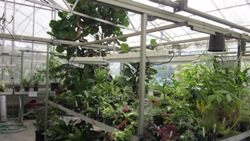
And here’s a close-up of this little beauty from Madagascar (yikes, not too close):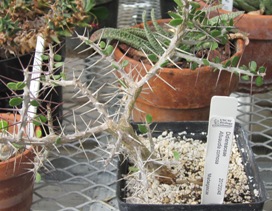
 Andersen Library is a federal and Wisconsin depository library with many federal and state government documents on a variety of current and relevant issues available to you in print, microfiche, CD-ROM, and online. Check out your government at Andersen Library!
Andersen Library is a federal and Wisconsin depository library with many federal and state government documents on a variety of current and relevant issues available to you in print, microfiche, CD-ROM, and online. Check out your government at Andersen Library!

